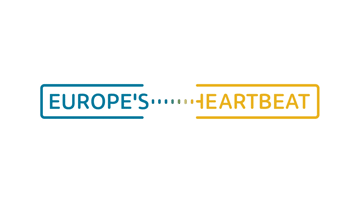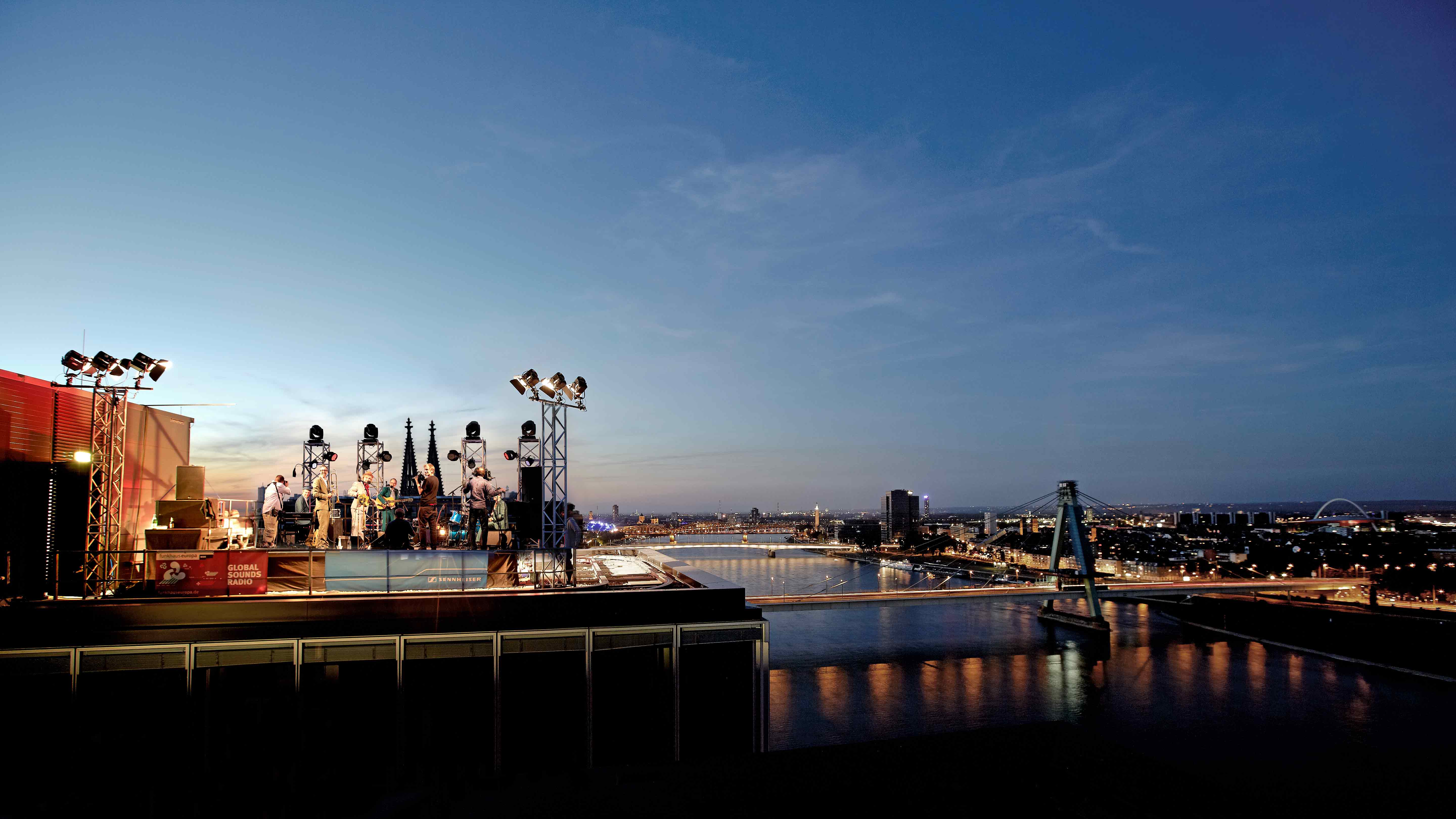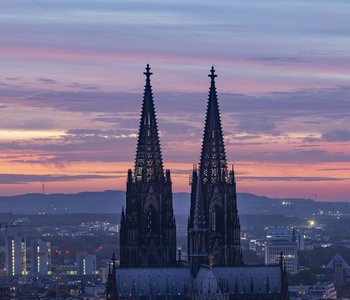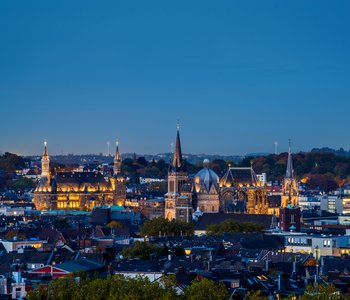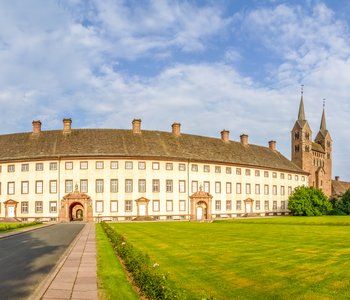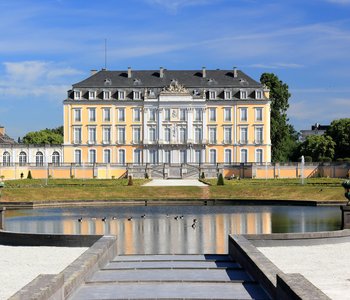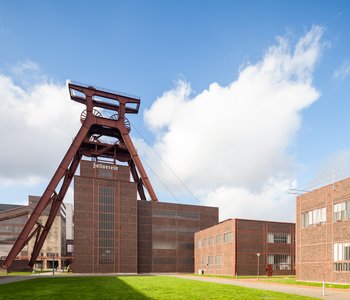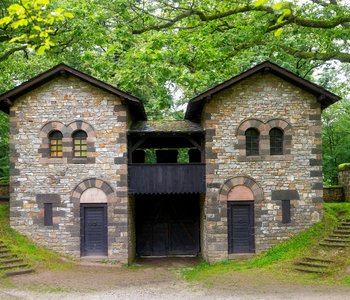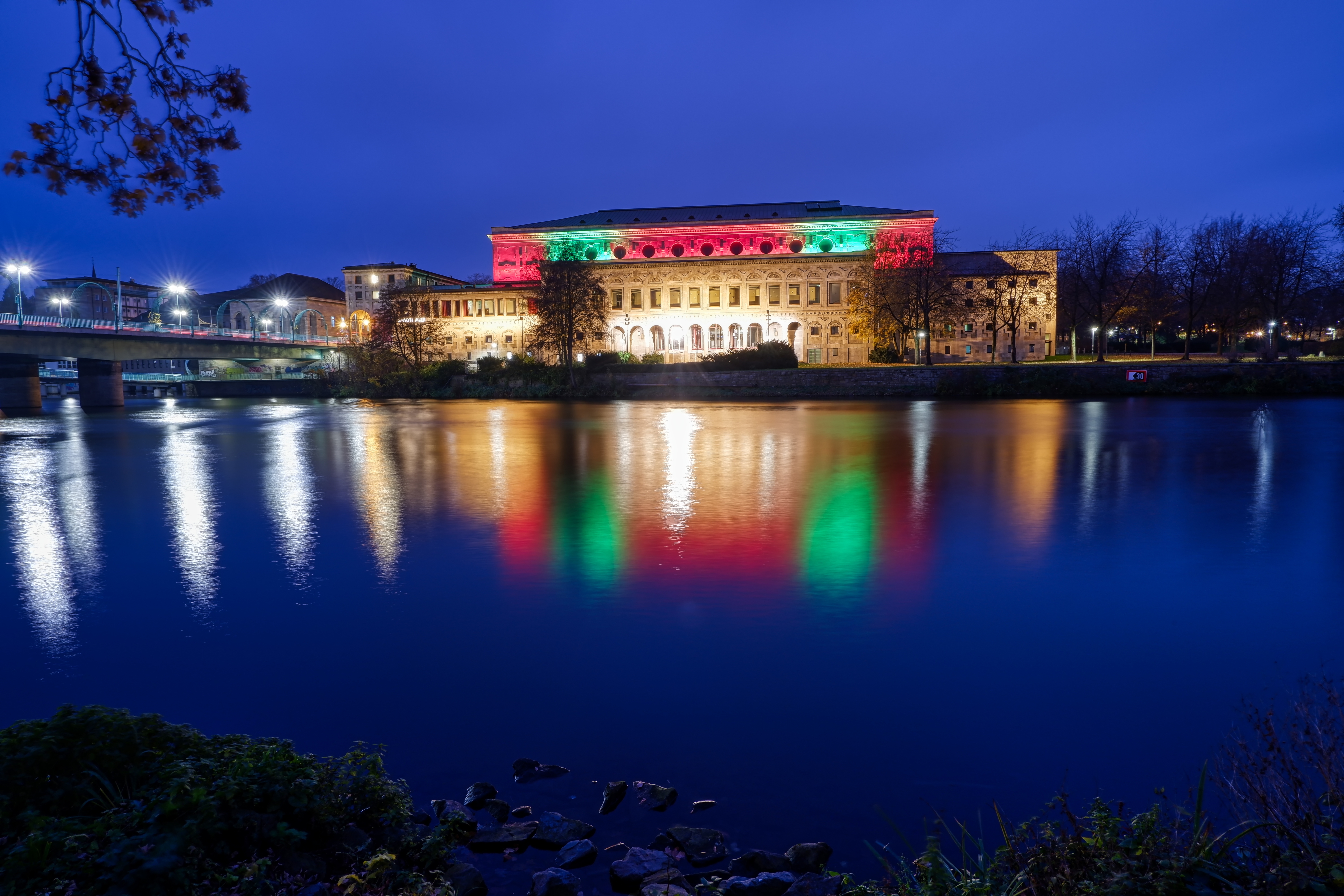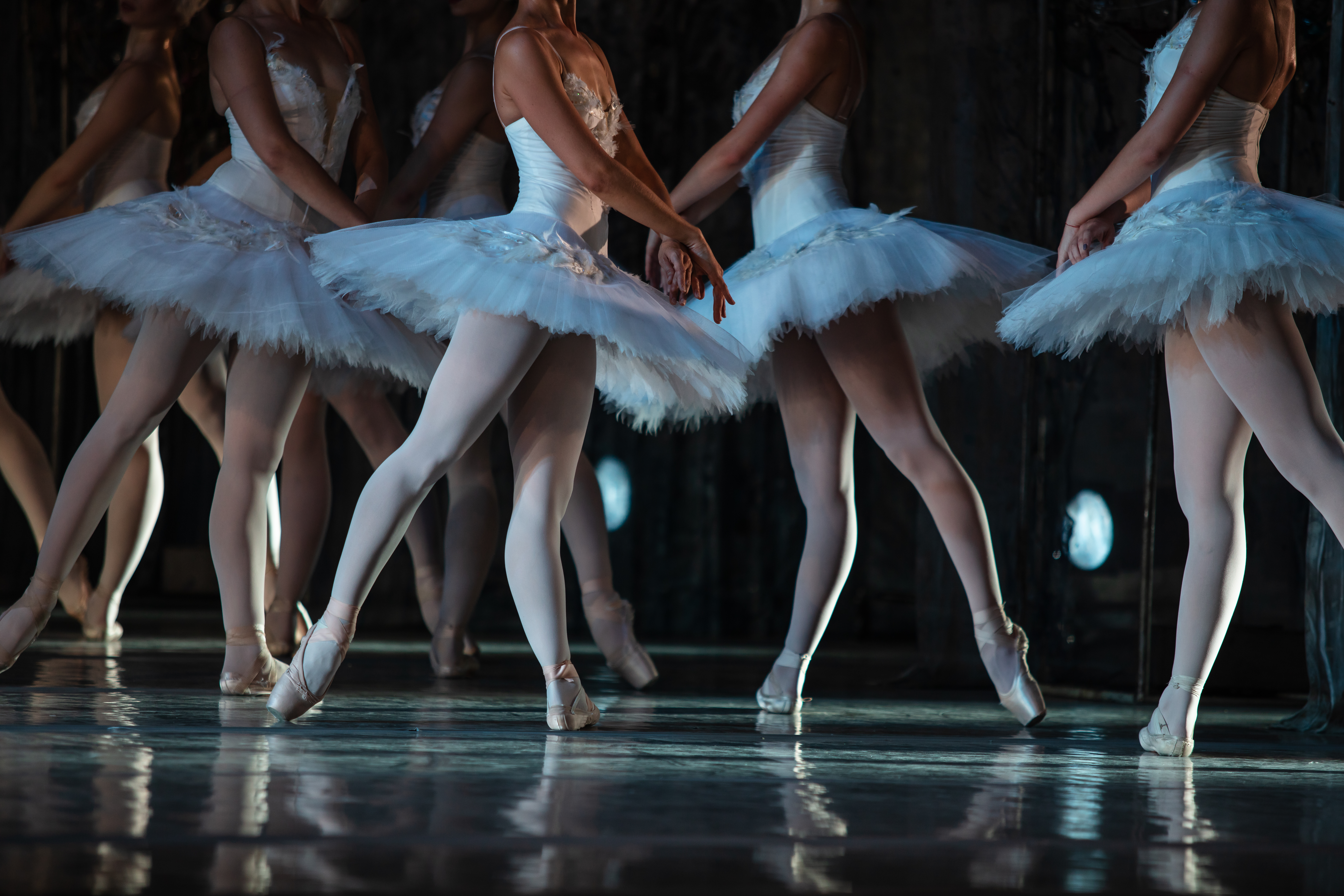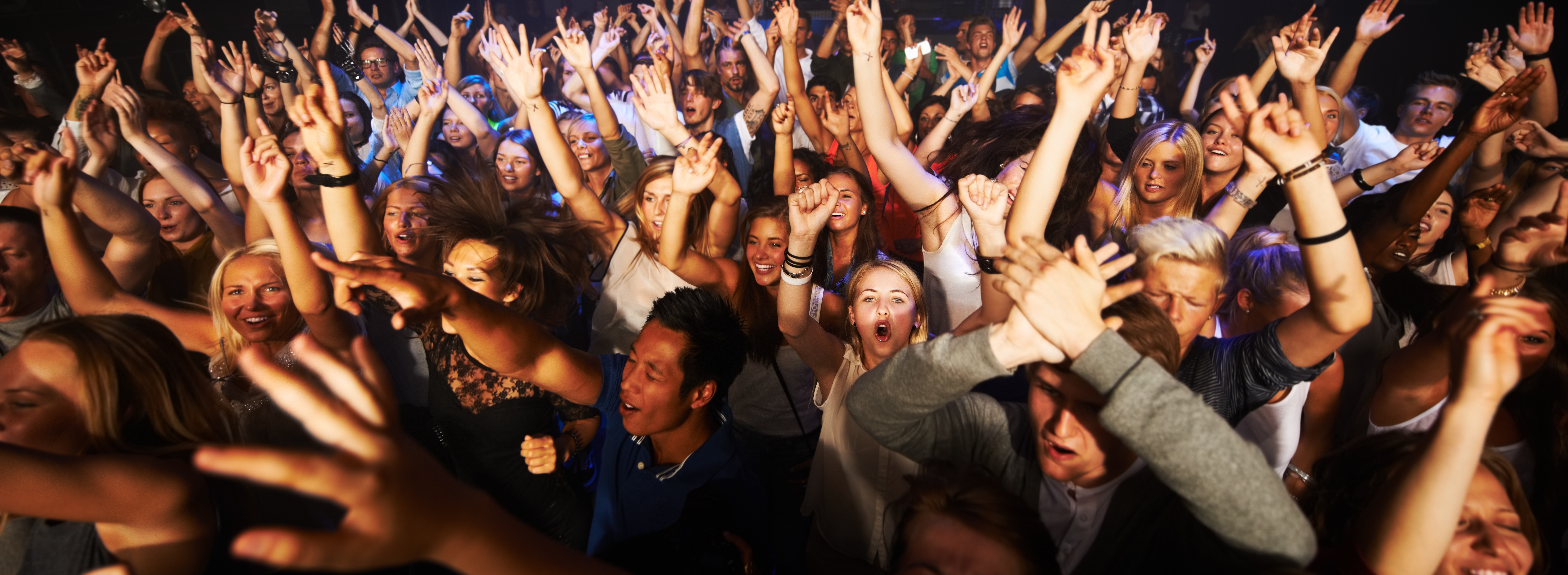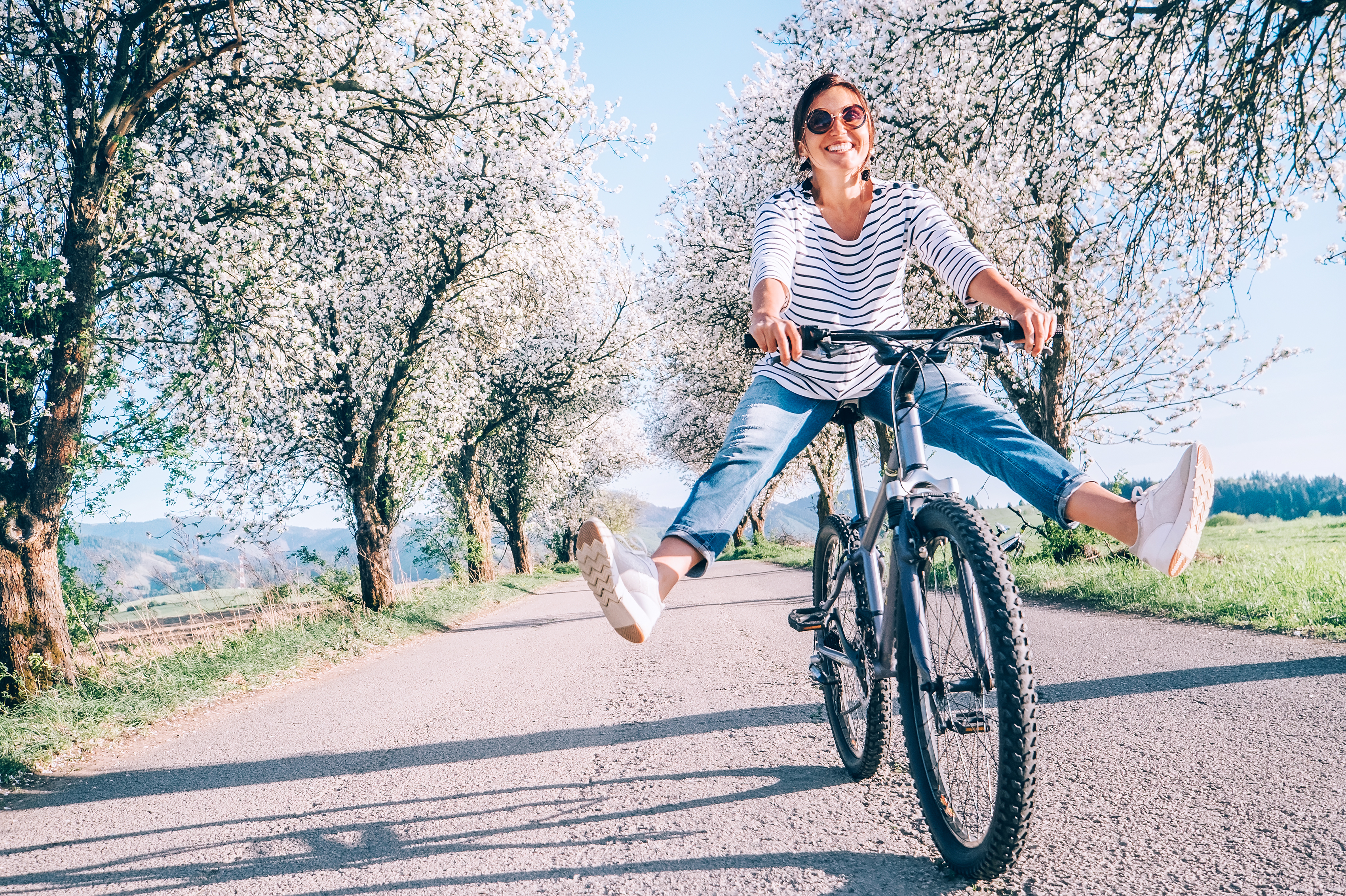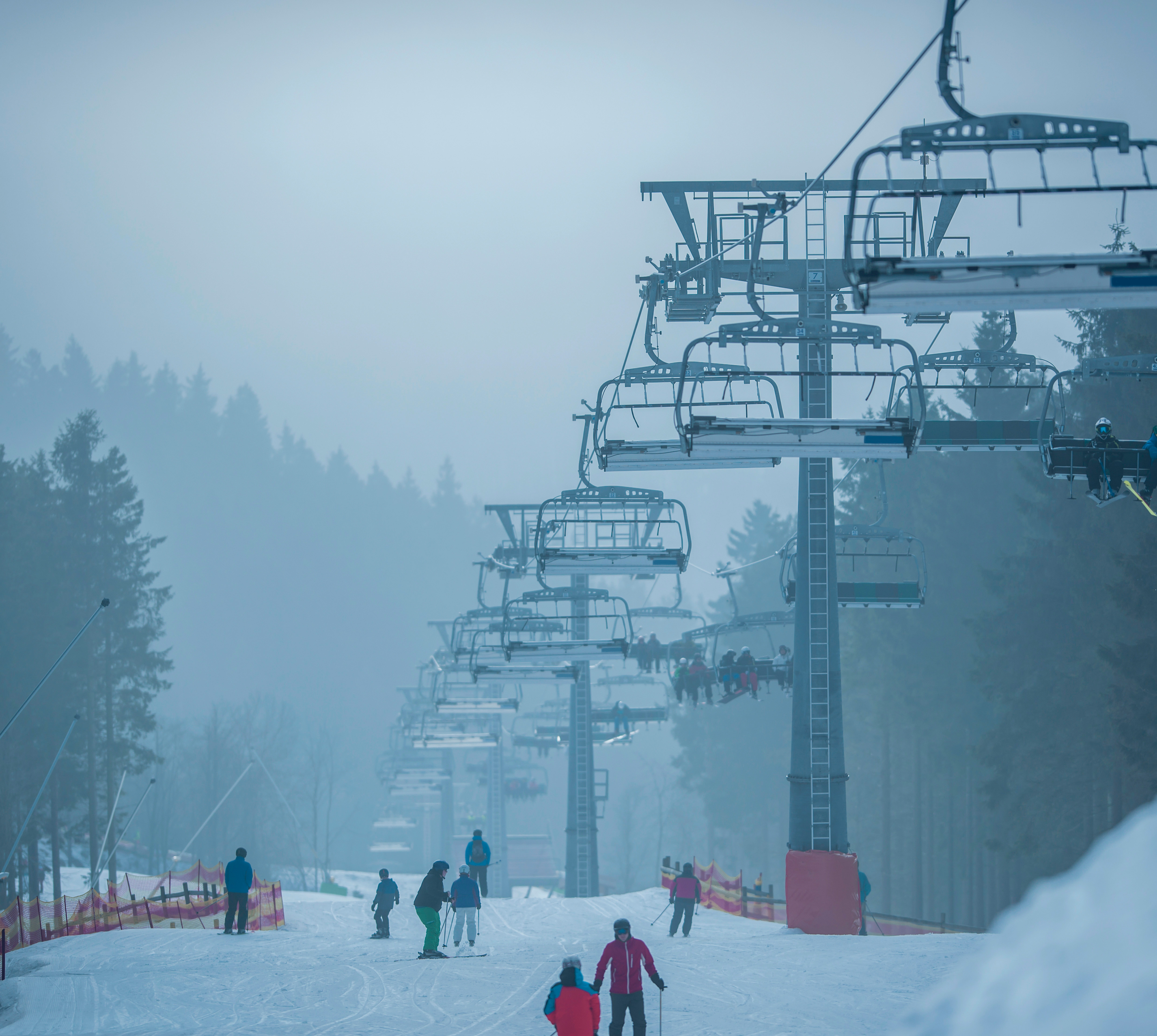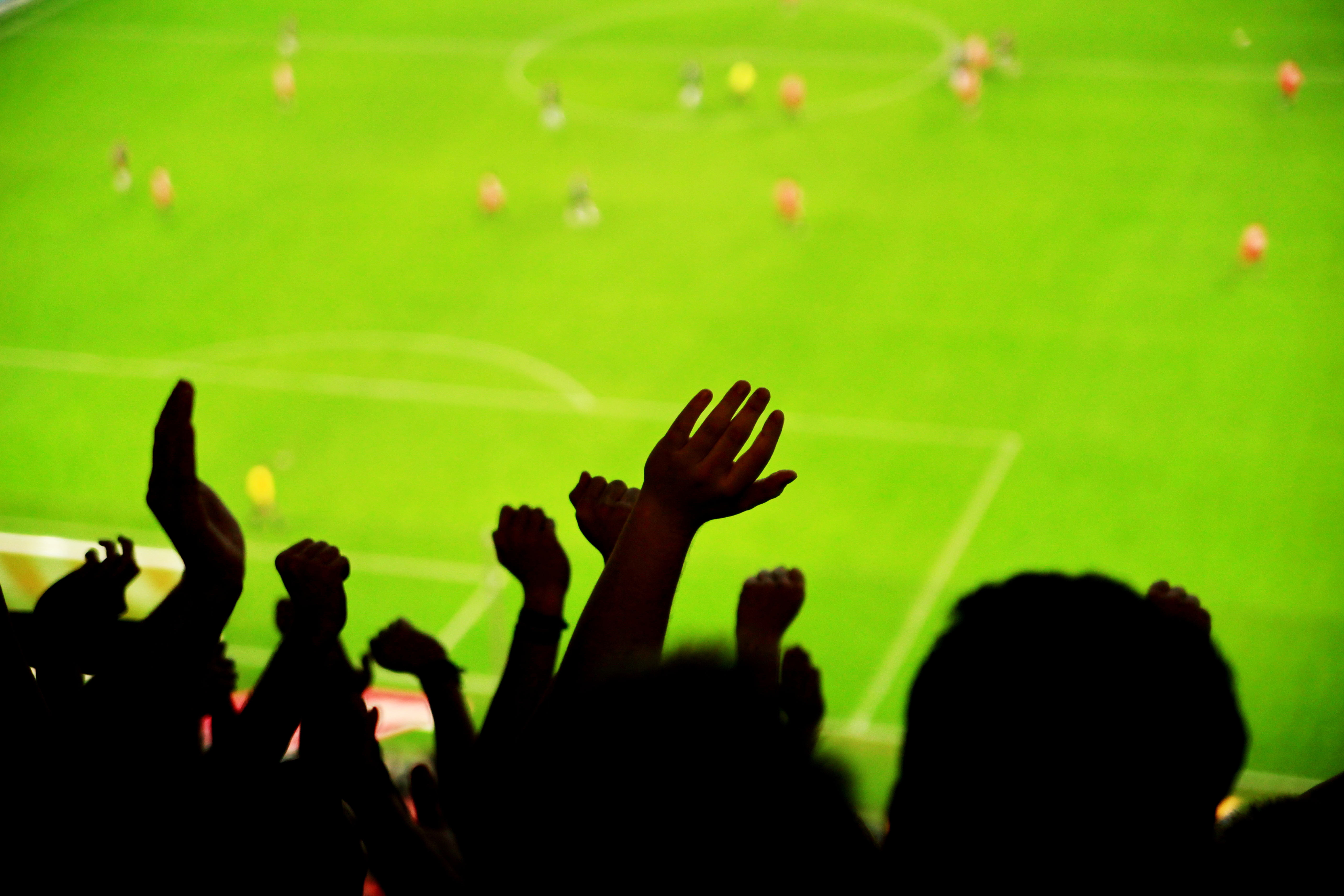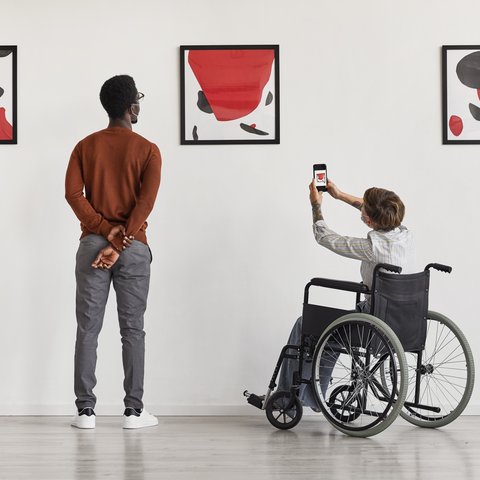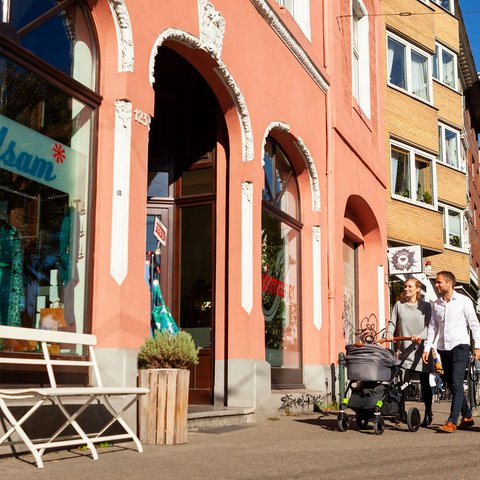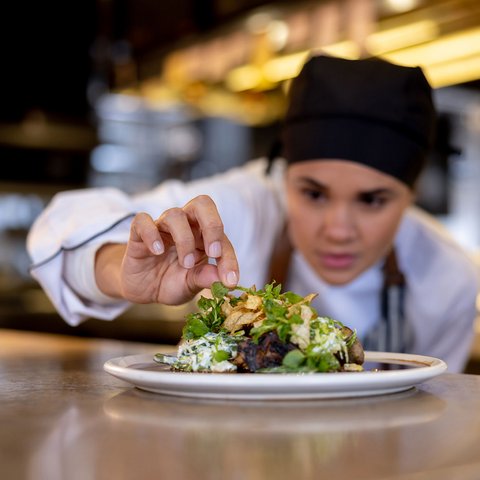Life in NRW is in a state of flow – work, leisure and education go hand in hand. Cologne, Düsseldorf and the Ruhr metropolis in particular are increasingly becoming destinations for digital nomads. All cities are closely interconnected. Due to their proximity, their quality of life, the cosmopolitan outlook of the people, and the special way in which work and life are harmonized, urban spaces like these act as a catalyst for the creativity of innovative people.
NRW is synonymous with an unconventional and urban lifestyle: inimitable, diverse and with numerous locally located creative scenes. "Urbanana," for example, is the banana-shaped urban jungle that stretches from the Ruhr metropolis to Düsseldorf and Cologne. Not everything is smooth and perfect here, but people who love and help to shape their urban space live here, open to new inspirations.
And what's more: Compared to other Western European regions and cities, life in NRW is inexpensive. This is confirmed by a study in which over 200 European cities were examined in terms of their cost of living, including six from NRW. The result: The average cost of living index in Western European cities is 79.53 – in NRW, by contrast, it is only 69.91.

